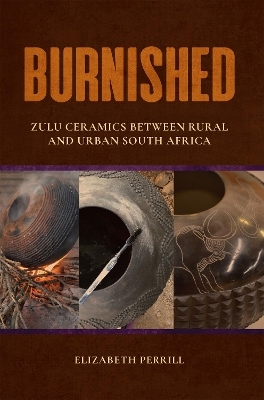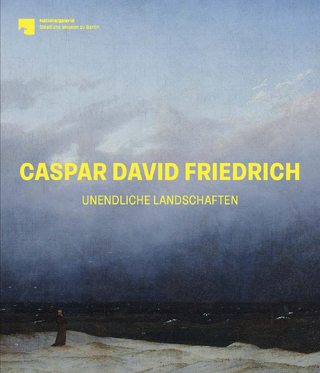
Burnished
Zulu Ceramics between Rural and Urban South Africa
Seiten
2022
Indiana University Press (Verlag)
978-0-253-06187-4 (ISBN)
Indiana University Press (Verlag)
978-0-253-06187-4 (ISBN)
When Zulu women potters innovate or move to a more urban setting, they are asked why they have abandoned tradition. Yet when they continue to follow convention or choose to stay in rural areas, art historians speak of their work as unchanging symbols of the past. Burnished rejects both stereotypes, acknowledging the agency of rural women as innovative artists and complex individuals negotiating a biased set of power structures.
Featuring 90 color images, Burnished engages directly with individual artists and specific vessels, fracturing assumptions that Zulu ceramicists are resistant to rural transformation and insulated from urban realities. Elizabeth Perrill shares compelling narratives of women ceramic artists and the sophisticated beer pots they create—their aesthetic choices, audiences, production, and artistic lives. Simultaneously, Perrill documents the manner in which and reasons why ceramic arts, and at times the artists themselves, capitalize upon bucolic stereotypes of rural womanhood, are constrained by artistic methods, or chafe against definitions of what qualifies as a Zulu pot.
Revealing how white South Africans and global art gatekeepers have continually twisted the designation of Zulu ceramics before, during, and after apartheid, Burnished provides an engaging look at the artistry of entrepreneurial Black women too often erased from historical records.
Featuring 90 color images, Burnished engages directly with individual artists and specific vessels, fracturing assumptions that Zulu ceramicists are resistant to rural transformation and insulated from urban realities. Elizabeth Perrill shares compelling narratives of women ceramic artists and the sophisticated beer pots they create—their aesthetic choices, audiences, production, and artistic lives. Simultaneously, Perrill documents the manner in which and reasons why ceramic arts, and at times the artists themselves, capitalize upon bucolic stereotypes of rural womanhood, are constrained by artistic methods, or chafe against definitions of what qualifies as a Zulu pot.
Revealing how white South Africans and global art gatekeepers have continually twisted the designation of Zulu ceramics before, during, and after apartheid, Burnished provides an engaging look at the artistry of entrepreneurial Black women too often erased from historical records.
Elizabeth Perrill is Professor of Art History at the University of North Carolina at Greensboro. Her scholarly and curatorial work with isiZulu-speaking artists began in 2004, and her research engages global histories of ceramics and ceramic economies in the modern and contemporary eras, South African contemporary art, and materiality. Perrill's publications include Zulu Pottery and Ukucwebezela: To Shine, as well as numerous articles and exhibition essays. In 2018, her curation of the African Galleries at the North Carolina Museum of Art won an AAM Excellence in Exhibitions Award.
| Erscheinungsdatum | 10.06.2022 |
|---|---|
| Zusatzinfo | 2 Tables, black and white; 90 Illustrations, color |
| Verlagsort | Bloomington, IN |
| Sprache | englisch |
| Maße | 152 x 229 mm |
| Gewicht | 544 g |
| Themenwelt | Kunst / Musik / Theater ► Malerei / Plastik |
| ISBN-10 | 0-253-06187-3 / 0253061873 |
| ISBN-13 | 978-0-253-06187-4 / 9780253061874 |
| Zustand | Neuware |
| Informationen gemäß Produktsicherheitsverordnung (GPSR) | |
| Haben Sie eine Frage zum Produkt? |
Mehr entdecken
aus dem Bereich
aus dem Bereich
Wie viel Kindheit steckt in Kunst?
Buch | Hardcover (2023)
starfruit publications (Verlag)
CHF 36,90
die Entdeckung der Sächsischen Schweiz im 18./19. Jahrhundert
Buch | Softcover (2023)
Verlag der Kunst
CHF 22,90


